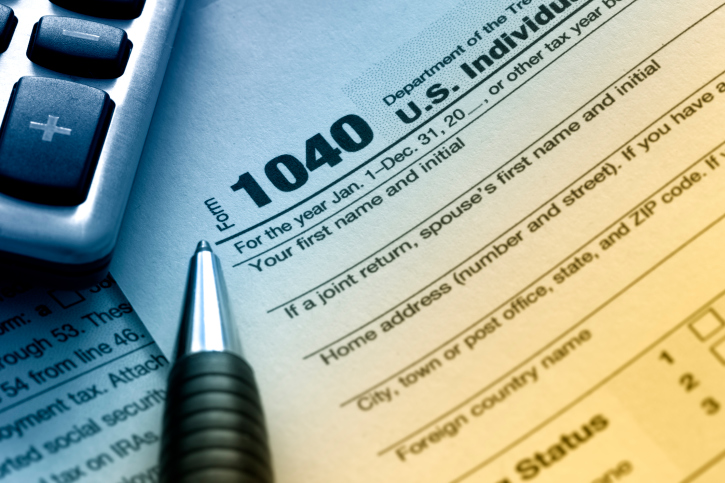How Does Making Lump Sum Payments Affect Your Mortgage? Let’s Take a Look
 Periodically, many homeowners will receive a rather sizable amount of extra cash. This may be from a bonus from your employer, a refund on your tax return, a financial gift from a relative or something else altogether.
Periodically, many homeowners will receive a rather sizable amount of extra cash. This may be from a bonus from your employer, a refund on your tax return, a financial gift from a relative or something else altogether.
While there are many things that you could do with your windfall, you may be wondering if paying down your mortgage balance is a wise idea. Before you make your decision about how to spend your money, consider what impact your lump sum payment will have on your mortgage.
Reduction in Principal Balance
The most obvious impact a lump sum payment will have on your mortgage is an immediate reduction in your outstanding principal balance. Your regular monthly payments will be applied to both interest and principal, but your lump sum payment will be entirely applied to principal. Therefore, you can expect to see a rather sizable reduction in the outstanding balance, and this will have a direct and positive impact on your home equity.
More Effective Loan Payments
Your required monthly mortgage payments will not be lowered when you make a lump sum payment on your mortgage, and you will still be required to pay the same amount to your lender going forward. However, your interest charges for each month will be adjusted. Your interest will be calculated based on the current loan balance each month. A reduction in outstanding balance lowers the interest charges. This essentially makes your future payments more effective at debt reduction and reduces the amount of interest you will pay over the life of your loan.
A Change to the Final Loan Payment Date
Because each of your loan payments going forward will be more heavily weighted on principal reduction than on interest charges, the fact is that your final loan payment date can be accelerated. Depending on the amount of the lump sum payment that you make toward your mortgage, this may be an acceleration of a single month, several months or even several years in some cases.
Making a lump sum payment on your mortgage can have many positive effects for you. However, this is not the only option available when deciding how to spend or invest your windfall. Compare these benefits against the benefits of other options available to determine your best course of action. You may also speak with a mortgage professional for personal guidance and assistance.

 As a first-time home buyer, you may actively be seeking out information about your upcoming purchase. Buying a home is a huge financial move to make, and it can impact your financial situation and even your lifestyle for many years to come. While it is important to learn more about what to look for in a home, it is also important to learn about mistakes home buyers have made. When you learn more about mortgage mistakes that others have made, you can take steps to prevent making those same mistakes yourself.
As a first-time home buyer, you may actively be seeking out information about your upcoming purchase. Buying a home is a huge financial move to make, and it can impact your financial situation and even your lifestyle for many years to come. While it is important to learn more about what to look for in a home, it is also important to learn about mistakes home buyers have made. When you learn more about mortgage mistakes that others have made, you can take steps to prevent making those same mistakes yourself. After you have completed the initial loan application and have signed the preliminary loan disclosures, your mortgage loan application will generally receive a preliminary prequalification. This prequalification will be based in large part on your ability to provide documentation to support your statements on your loan application, including your stated income and assets. Typically, a lender will include a request for least the last two to three years of your income tax returns with this documentation. There are several reasons why a lender may need to review your tax returns and why you should provide requested documentation as soon it is requested.
After you have completed the initial loan application and have signed the preliminary loan disclosures, your mortgage loan application will generally receive a preliminary prequalification. This prequalification will be based in large part on your ability to provide documentation to support your statements on your loan application, including your stated income and assets. Typically, a lender will include a request for least the last two to three years of your income tax returns with this documentation. There are several reasons why a lender may need to review your tax returns and why you should provide requested documentation as soon it is requested.